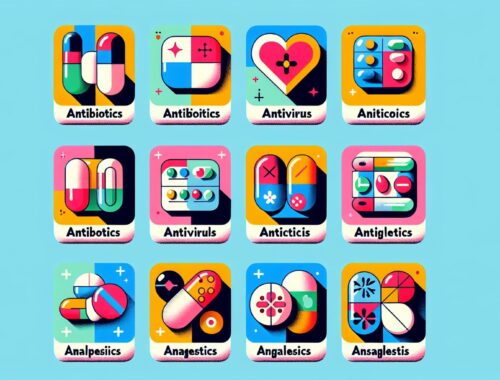Blockchain in Clinical Research Recruitment: Improving Efficiency
Clinical research is vital for improving our understanding of the human body, as well as the treatments and medications that are needed to improve our health. Unfortunately, the process of recruiting subjects for clinical research can be a complex and time-consuming endeavor. By utilizing blockchain technology, it is possible to streamline clinical research recruitment, making it easier to find and manage participants in clinical research.
What is Blockchain Technology?
Blockchain is an innovative technology that has the potential to revolutionize data management and security. Essentially, blockchain is a distributed database, where each record (a “block”) is stored in multiple locations at the same time. Records in a blockchain are highly secure and difficult to alter, as the data in the blockchain is immutable and tamper-proof. As such, it is an ideal technology for storing and managing confidential patient information.
How Can Blockchain Improve Clinical Research Recruitment?
Blockchain technology provides various advantages for improving the efficiency and security of clinical research recruitment.
1. Easier and Safer Patient Data Management:
Blockchain technology can easily store sensitive and confidential patient data, while keeping it secure. As the data is stored in a distributed ledger, there is no single centralized copy of the data, preventing malicious actors from trying to access the records. Additionally, blockchain technology can automate routine tasks and processes, such as patient consent forms, trial design, and patient recruitment, making the process of recruitment more efficient.
2.Ability to Accurately Track Participant Health Data:
Blockchain technology can be used to precisely track patient health data across different clinical trials. This would allow researchers to accurately monitor participant health over time and ensure that the data is accurate and up-to-date. Additionally, blockchain technology can be used to store health records from multiple clinical trials, allowing researchers to easily compare data across different studies.
3.Improved Connectivity Between Researchers, Medical Professionals, and Patients:
Blockchain technology can be used to improve the connectivity between researchers, medical professionals, and patients. By leveraging the distributed nature of the blockchain, all parties involved in a study can keep track of the progress of the research, as well as any changes that are made. This improved connectivity can go a long way in ensuring that research is conducted according to ethical standards and that participants are fully informed about any developments in the research.
4.Enhanced Patient Security and Privacy:
By leveraging blockchain technology, researchers can be assured that the data collected from participants is secure and private. As mentioned above, blockchain technology is incredibly difficult to alter, making it impossible for malicious actors to gain access to the data or compromise the security of the information. Additionally, the decentralized nature of the blockchain ensures that the data is securely stored in multiple locations, making it virtually impossible for hackers to gain access to the records.
Conclusion
Blockchain technology has the potential to revolutionize clinical research recruitment, making it faster, more secure, and more efficient. By leveraging the distributed nature of the blockchain, as well as its immutability and robust security protocols, researchers can be assured that patient data is managed securely and that participants are fully informed of any developments in the data collection process. As such, blockchain technology can be an invaluable tool for improving the efficacy of clinical research recruitment.
You May Also Like

Understanding the Different Types of Medicines
January 4, 2024
Exploring the Different Types of Medicines
March 30, 2024
